Business
These are all of Elon Musk’s tech investments to date
Elon Musk is one of the leading innovators of our generation. His investments go beyond just SpaceX and Tesla.
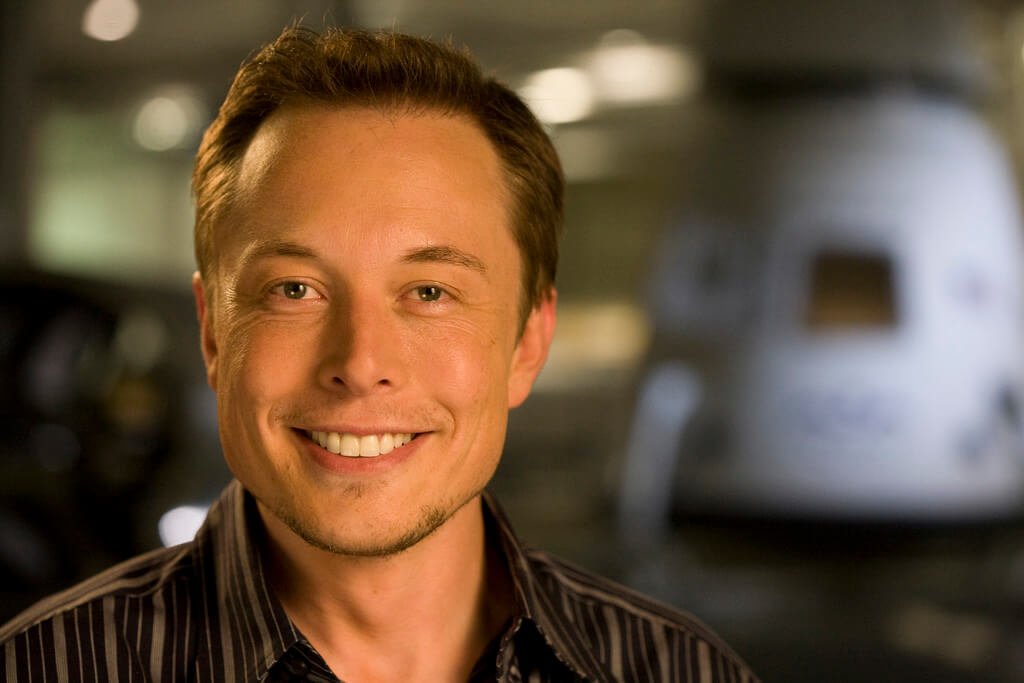
When you think of the names of tech giants who have changed the world, you probably think of people like Bill Gates, Steve Jobs and Mark Zuckerberg, the minds behind Microsoft, Apple and Facebook, respectively.
Recent advances have added Elon Musk to that list, however.
The man behind Tesla and Space X has got his fingers in a whole lot of pies. So what is Elon Musk investing in now?
Here are all of Musk’s tech investments to date.
1995 — Zip2
Zip2 was Musk’s first project, started with his brother Kimble in 1995. The concept was simple—an internet-based city guide for newspapers. During its four-year tenure, the company worked with major newspapers like The New York Times and the Chicago Tribune. While he was unable to take the position of CEO, when Compaq bought the company in 1999 for $307 million and $34 million in stock options, Elon received seven percent of the sale, to the tune of $22 million.
Zip2 was started with help from angel investors, but the money he received from the sale started a trend of successful investments.
1999 — x.com and PayPal
Elon Musk was actually one of the co-founders of PayPal, the money transfer website that is so huge today. It started life as x.com, a financial service and email payment company founded by Musk with the money he received from the Zip2 sale. A year after x.com was founded, it merged with Confinity, which is where PayPal started.
By 2001, Confinity was renamed PayPal, and the company chose to focus on money transfers as its primary service.
Musk was CEO until October of 2000 when he was ousted due to disagreements over the software—the board of directors wanted to transfer PayPal’s Unix based system to Windows, and Musk disagreed. Still, when eBay bought PayPal a year later, he received $165 million, as he owned 11.7 percent of PayPal’s shares at the time.
2001 — SpaceX
While he may have come up with the idea for SpaceX in 2001, the company wasn’t officially founded until 2002. Musk started as CEO, and he remains in that position to this day, but he also held the position of chief engineer and designer in SpaceX’s early days—simply because no one would sign on at the time. The goal of SpaceX was, and still is, to revolutionize space technology, but it almost didn’t get off the ground.
The first three launches of the Falcon rocket in 2008 failed spectacularly. The fourth rocket, the one that launched successfully, represented the last of SpaceX’s funds. If it had failed, SpaceX would have fallen off the map, and we wouldn’t have the space program we have today. This company, which was started with $100 million from the sale of PayPal, is now worth over $21 billion.
2002 — The Musk Foundation
In 2002, Elon and his brother started the Musk Foundation. The website hasn’t changed much since it was launched in 2002—it simply states that the foundation issues grants in support of things like human space exploration, renewable energy research, pediatric research and STEM education.
That’s it. There’s no contact information or links to provide you with more information. It was actually voted one of the ugliest billionaire’s websites on the net because it is nothing more than small black text on a white background.
2003 — Tesla
Tesla is easily the global leader in electric car technology. It was incorporated in 2003 by Martin Eberhard and Marc Tarpenning, who financed the company until the first round of investments was complete in 2004. Musk started out as the chairman of the board of directors, but he stepped into the CEO position after the company faced a financial crisis in 2008.
In 2014, the company released all of its patents to the public, allowing them to be used “in good faith” by anyone who wants to build electric cars. Musk’s annual salary from Tesla? Just $1.
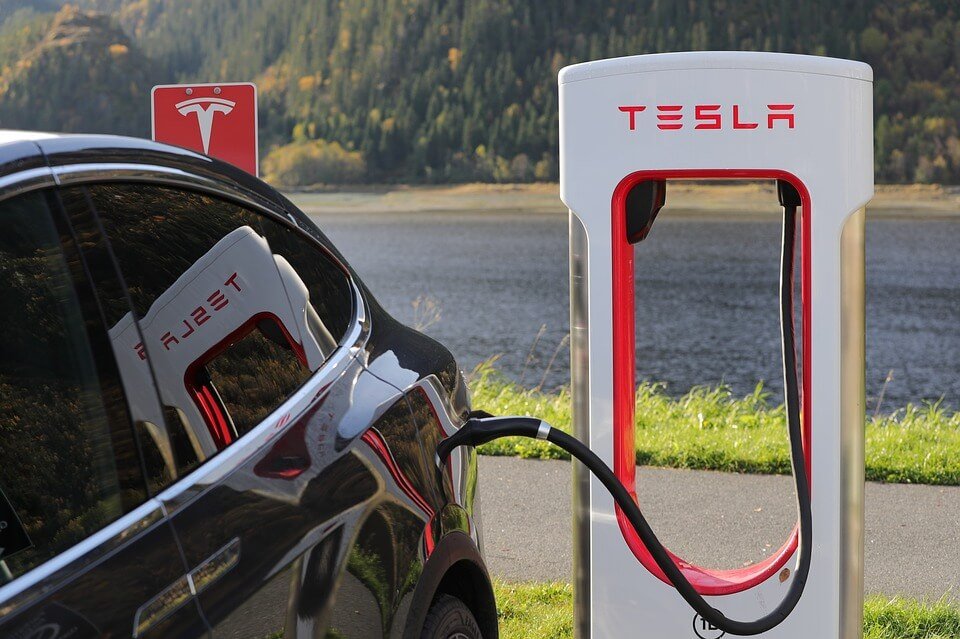
Elon Musk’s Tesla is one of the more popular companies he has founded or invested in. (Source)
2004 — Surrey Satellite Technology
This isn’t one of Musk’s pet projects, but in 2004, Elon was reported to have purchased a 10 percent stake in this satellite company, which makes small and relatively inexpensive satellites out of Guilford, England.
2006 — Solar City
Elon Musk provided the initial investment for Solar City, a solar energy company that was started by his cousins in 2006. The company has grown in the last 11 years to become the 2nd largest solar power provider in the country.
In 2014, Musk promised to build a bigger and more advanced production facility for the company in upstate New York, and as of 2016, Tesla is looking to officially acquire the solar startup.
2010 — Stripe
Stripe is an online payment software company, which has shouldered the responsibility for the functionality of programs like Apple Pay since its start-up in 2010 by John and Patrick Collison.
While Musk doesn’t have any creative control here, he is reported to have been an early investor in the company which is currently worth more than $9 billion.
2013 — Hyperloop
The Hyperloop is a concept for a high-speed transportation system that utilizes underground tunnels and depressurized tubes to increase speed and reduce friction. The first hyperloop could potentially be built between LA and San Francisco.
While this project hasn’t gotten off the ground, Musk declared on Twitter in 2017 that he had gotten verbal approval for hyperloop projects in a number of major cities—though nothing official has been reported as of yet.
2014 — Global Learning XPRIZE
The Global Learning XPRIZE is the latest incarnation of the XPRIZE project that is designed to help revolutionize new technologies in developing areas of the world.
Elon Musk has reportedly donated upwards of $15 million to the project, helping children in countries like Tanzania access the tools they need to learn to read, write and eventually change the world.
2015 — OpenAI
Musk hasn’t been quiet about his distaste for and fear of artificial intelligence—if left to run unchecked, he fears that AI could potentially destroy us. With this in mind, he launched OpenAI in 2015, a nonprofit research company designed to develop artificial intelligence that is both beneficial and safe for humanity.
The goal here is to make AI available to everyone, to prevent it from being developed only for governments or corporations that might use it for nefarious projects.
2015 — NeuroVigil
NeuroVigil is a California based startup that is dedicated to the creation of technology to analyze brain waves and other EEG data in an automated way. Much of the technology that they use exists today, but it isn’t or cannot be automated.
Musk is one of the company’s principal investors and is looking into using this technology in future space missions as well.
2016 — Neuralink
In an effort to combat the rise of artificial intelligence, Musk launched Neuralink in 2016. This company’s goal is to create functional neural interfaces so that the human mind can merge with computers and even eventually communicate directly through a kind of technology-based telepathy.
This may be his most ambitious project yet, but he has announced that he will be the CEO of Neuralink, in addition to his responsibilities with Tesla and SpaceX. He is hoping to have functional interface prototypes within the next four years.
2016 — The Boring Company
If Hyperloop is any indication, Elon Musk really hates traffic. In addition to the plans for things like self-driving cars and underground tunnels, Musk started the Boring Company in 2016 to try to come up with ways to alleviate the “soul-destroying traffic” in Los Angeles and the surrounding areas.
The initial concept here is to create 3D roads—either in the form of flying cars or tunnels below the existing city streets. The Boring Company is planning to build an enormous network of tunnels below LA to help alleviate the city’s traffic problems.
All of Elon’s investments and projects point to the same goal—advancing humanity in as many ways as possible while still protecting the environment and preserving our home.
We’re really excited to see what he does with his two newest projects in the coming years.
(Featured image by OnInnovation via Flickr. CC BY-ND 2.0)
—
DISCLAIMER: This article expresses my own ideas and opinions. Any information I have shared are from sources that I believe to be reliable and accurate. I did not receive any financial compensation in writing this post, nor do I own any shares in any company I’ve mentioned. I encourage any reader to do their own diligent research first before making any investment decisions.

-

 Biotech1 week ago
Biotech1 week agoNew Molecular Clues Explain Aggressive Neuroblastoma and Point to Targeted Treatments
-

 Business4 hours ago
Business4 hours agoTopRanked.io Weekly Affiliate Digest: What’s Hot in Affiliate Marketing [EKSA Affiliate Program Review]
-

 Fintech1 week ago
Fintech1 week agoSwissHacks 2026 to Launch Inaugural Swiss FinTech Week in Zurich
-

 Impact Investing2 weeks ago
Impact Investing2 weeks agoClimate Losses Drive New Risk Training in Agriculture Led by Cineas and Asnacodi Italia
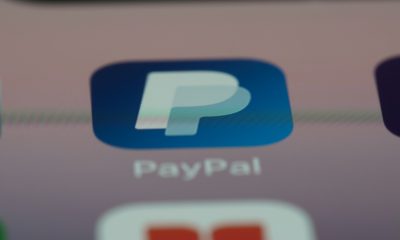

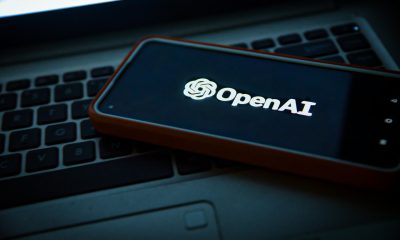

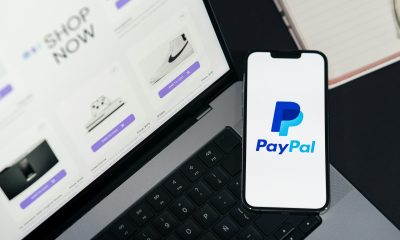

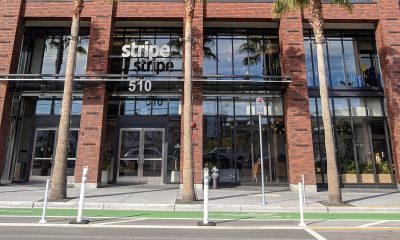

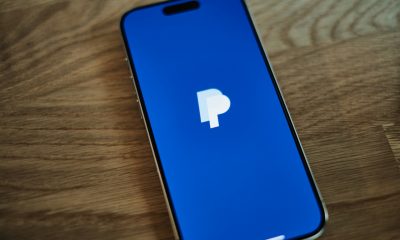
















You must be logged in to post a comment Login